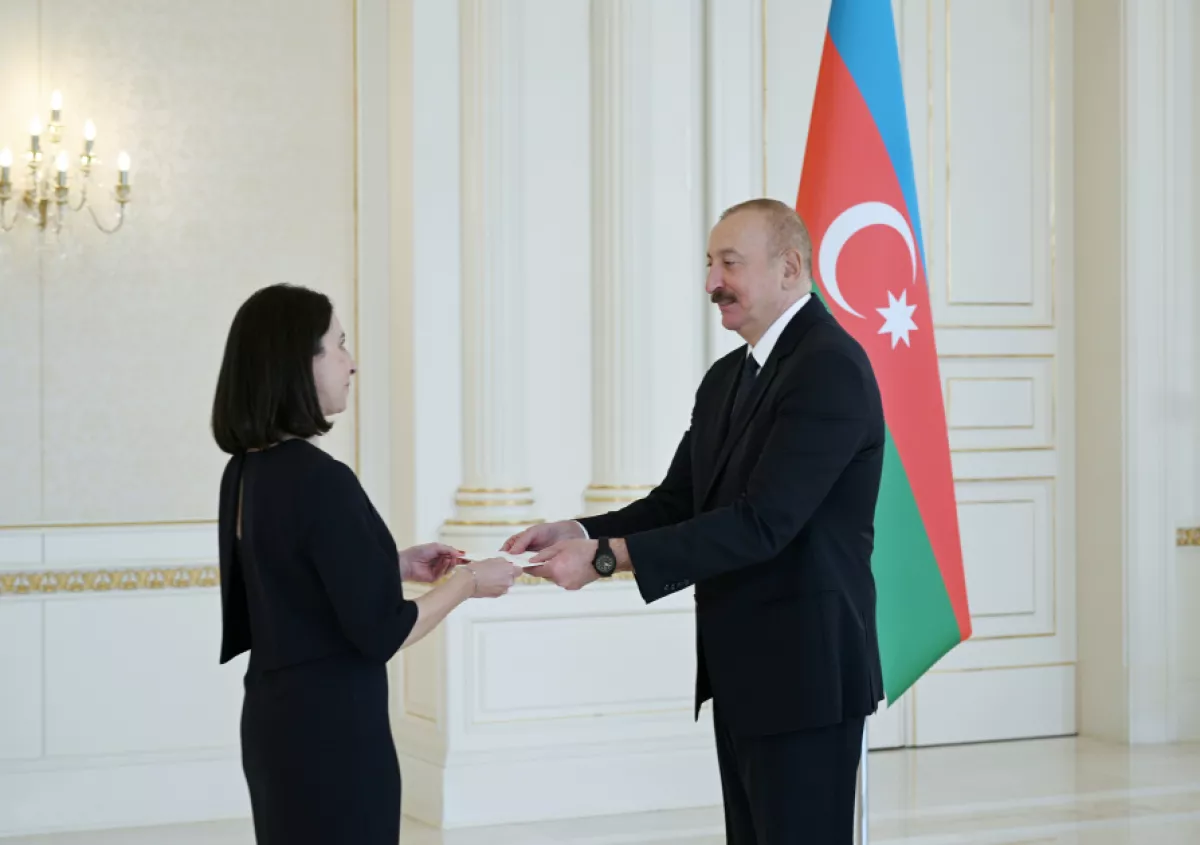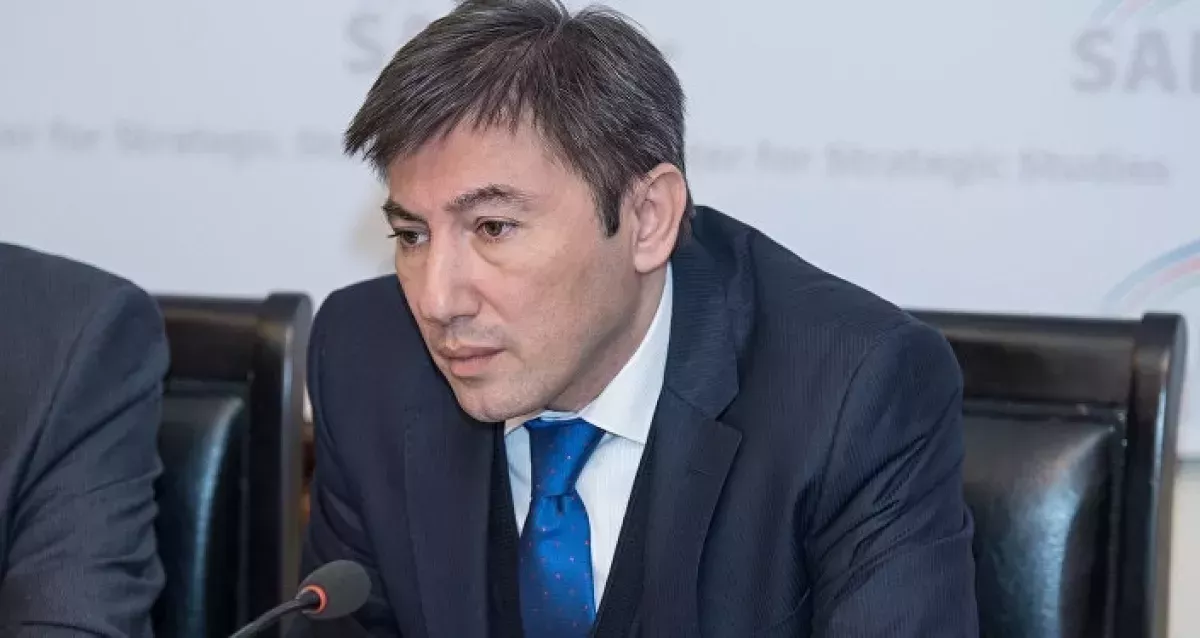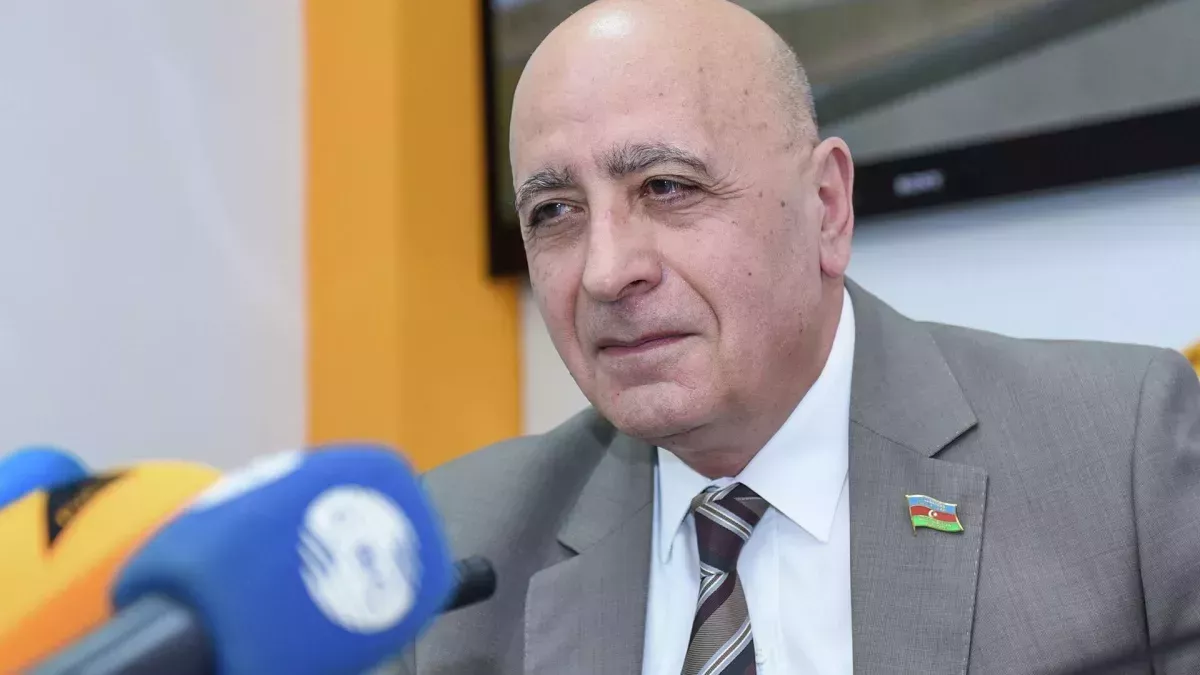“Baku played all the cards Paris had against it” Expert opinions on Caliber.Az
We may finally be witnessing the end of the long-standing rift between Baku and Paris. Recently, Azerbaijani President Ilham Aliyev received the credentials of Sophie Lagoutte, the newly appointed Extraordinary and Plenipotentiary Ambassador of France to Azerbaijan.
Recalling his meeting with French President Emmanuel Macron in Copenhagen, Aliyev noted that the issues which had previously caused misunderstandings between the two countries are now behind them. He emphasised that a new phase has begun in bilateral relations, highlighting the importance of restoring and strengthening personal and business contacts, as well as expanding cooperation in cultural and humanitarian fields.
The ambassador, in turn, noted that a new chapter has opened in relations between Azerbaijan and France, and stated that she would make efforts to develop bilateral ties.

The meeting touched upon the successful development of relations between Azerbaijan and France in various fields, including high technology and the aerospace sector. The importance of resuming the activities of the Intergovernmental Commission was emphasised, the ties between sister cities were highlighted, and issues concerning the organisation of mutual visits by business delegations and the participation of French companies in various projects were discussed.
Successful partnerships between Azerbaijan and France in the energy sector were also noted, and in this context, the importance of cooperation with the company Total was underlined.
Well-known political analysts took on the task of commenting for Caliber.Az on the prospects for the normalisation of Azerbaijani-French relations.

Ilgar Velizade, an expert on international affairs and head of the “South Caucasus” Political Analysts Club, stated that it is likely Macron has indeed drawn certain conclusions and decided to shift his policy towards Azerbaijan.
“However, anti-Azerbaijani sentiments in France have not disappeared, including among the political elite, by the way. Therefore, one must focus on concrete steps and their implementation. If we look at the recent dynamics, we can see that Azerbaijani-French relations have been steadily deteriorating, which led to a reduction in France’s influence and weight in the region. In addition, extra tension arose due to the activities of the Baku Initiative Group and Azerbaijan’s support for movements fighting for independence—referring to movements in French colonies.
The struggle of these post-colonial countries—or French colonial possessions—and their activists, combined with France’s weakening position in the region as a result of confrontation with Baku, led to the current outcome. In other words, it is likely that France, and Macron, realised their mistakes and decided to shift their policy. But whether this change will be lasting, and how France will build relations with Azerbaijan, will again depend on the concrete steps that are taken,” the expert predicts.
According to him, it is quite possible that the new ambassador was appointed precisely to try to activate France’s actions in a positive direction.
“However, Macron is still the same, and the French political elite is the same. We have seen the almost unanimous adoption by the French National Assembly of anti-Azerbaijani resolutions, resolutions supporting separatists. It’s just that the timing has changed, and after the Washington agreements, acting in that direction is no longer appropriate.
Moreover, Pashinyan himself, along with the Armenian political leadership, recognises the post-conflict realities. In this case, it would be absurd to try to be a bigger Catholic than the Pope. That is why Macron is compelled to take such steps. But how the French elite will reorganise its approach to Azerbaijan, and to what extent pro-Armenian sentiments will affect relations between Paris and Baku, only time will tell,” Velizade said.

Azerbaijani MP and political analyst Rasim Musabayov, in turn, emphasised that France had once adopted an anti-Azerbaijani stance under the initiative of President Macron, who, in effect, was implementing the agenda of Turcophobes and Armenian Dashnak circles.
“Primarily, it was they who operated in France. Ultimately, this led to France losing all its positions in Azerbaijan, and those positions had been significant. Azerbaijan viewed France as a leading power in Europe. While Germany dominated as the engine of the economy, France represented Europe politically, not to mention that economically it was second only to Germany. France not only secured a share in Azerbaijani oil projects—for example, it built a waste recycling plant—but also worked on participating actively in the modernisation of Azerbaijan’s metro system and railways. Very serious plans connected France with Azerbaijan in the chemical industry. We purchased Airbus aircraft for our air fleet. But after relations with France deteriorated, we now buy or lease Boeing planes, because Airbus are, after all, assembled in France.
All of this, of course, undermined the interests of French business, which Macron sacrificed in favour of Armenian lobbyists. And it would have been one thing if this policy had been successful—but Azerbaijan played all the cards that France had put against it. Azerbaijan blocked French initiatives at the UN Security Council four times, and similarly in other organisations. What France managed to do was limited to pushing anti-Azerbaijani resolutions through the parliaments of the Netherlands, Belgium, and Luxembourg. And that was it. No results. In response, Azerbaijan demonstrated to France that if you interfere in our affairs, be ready for us to intervene in yours. This turned out to be quite useful for France. Azerbaijan provided an informational and political platform for forces from France’s overseas territories who are fighting the remnants of its colonial rule,” the MP recalled.
In the end, they weighed everything and realised that France had been completely sidelined in Armenian-Azerbaijani mediation, and that deteriorating relations with Azerbaijan were causing not only the failure of humanitarian projects but also serious damage to French business, he noted.
“Having considered all this, I think they began making rational decisions. President Macron himself reached out to establish dialogue with the Azerbaijani president. Certain actions have been taken to shift the relationship from a negative to a positive trajectory. France needs Azerbaijan, and the region. After all, it is through Azerbaijan that communications with Central Asia can be established.
Tomorrow, if the situation in Iran normalises and sanctions are lifted, advancing into Iran from Azerbaijani territory will be far more convenient. All these factors, in principle, must be taken into account—not the neo-imperial, great-power ambitions of a country that tries to dictate to everyone here and in Europe what to do and how to do it. Let us hope that placing Azerbaijani-French relations on a rational footing will ultimately serve the interests of both Azerbaijan and France,” Musabayov stated.








